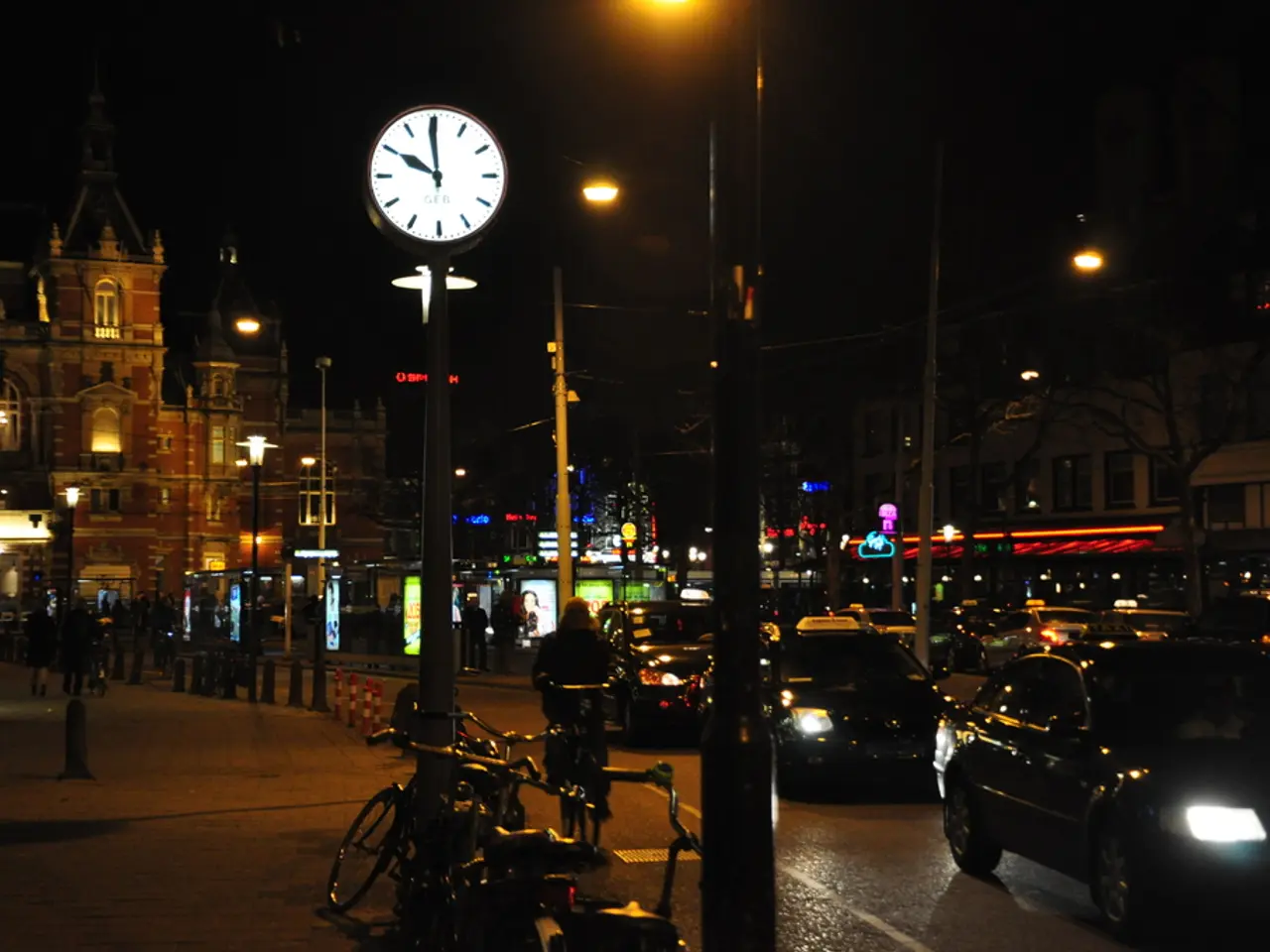Greek Cyprus Wares Acquisitions Prompt Controversy from Local Community, Due to Israel
In the Mediterranean island nation of Greek Cyprus, a significant and rapid increase in Israeli property purchases has ignited a heated debate among political parties, analysts, and parts of the public. The concern stems from potential demographic, security, and sovereignty implications, with some fearing that the influx could lead to the formation of isolated enclaves or "ghettos."
Since 2021, nearly 4,000 Israeli-linked properties have been acquired across southern Cyprus, with a concentration in luxury and spa resort areas such as Pyla, Ormideia, Pervolia (Limassol), Paphos, and around Larnaca airport. This growth has more than doubled the Israeli resident population in Greek Cyprus from about 6,500 in 2018 to approximately 15,000 by mid-2025, including entire families, business owners, and settlers reportedly fleeing instability in the West Bank.
Israeli Jewish organizations, notably Chabad, have established synagogues, schools, kosher offices, and cemeteries, indicating a move beyond tourism toward a long-term presence. This development has further fuelled concerns among Greek Cypriots, with AKEL (the second-largest party) describing the influx and property acquisition as a "planned settlement strategy" that threatens the island’s sovereignty.
The growing Israeli population and property ownership are seen as reshaping the demographic balance of the region, with fears of a de facto Israeli expansion on the island. Some analysts warn that unchecked sales could have negative economic consequences and undermine Greek Cypriot control over their land and resources.
There is criticism of the Greek Cypriot government's perceived negligence and lack of effective controls on foreign real estate purchases. Stefanou, the AKEL leader, has accused the government of negligence regarding foreign real estate sales and stated that Israeli property purchases are taking the country away from its people.
Israeli Ambassador Oren Anolik has denounced a rise in antisemitic rhetoric in Greek Cyprus, framing political criticism as separate from legitimate debate on Israeli policies. AKEL leader Stefanos Stefanou has compared the trend to settlement tactics used in the Palestinian territories.
Local analysts have expressed concerns that unchecked property sales to Israelis could undermine Greek Cyprus' sovereignty and cause economic instability. The issue is highly contentious, with Greek Cypriot parties and analysts warning of long-term risks, while Israeli officials dismiss some criticisms as politically motivated. The debate continues to evolve as Greek Cyprus navigates the complexities of balancing foreign investment with national sovereignty.
- The influx of Israeli property purchases in Greek Cyprus has sparked debates within political circles, among analysts, and the general public, with some viewing it as a potential consequence of war-and-conflicts in the West Bank, leading to a heated discussion on migration and politics.
- As concerns about sovereignty and security rise due to the rapid increase in Israeli property acquisition, particularly in areas like luxury resorts and around Larnaca airport, the issue has begun to overlap with global discussions on crime-and-justice and foreign intervention in general-news, prompting calls for stricter regulations and policies to safeguard national interests.








